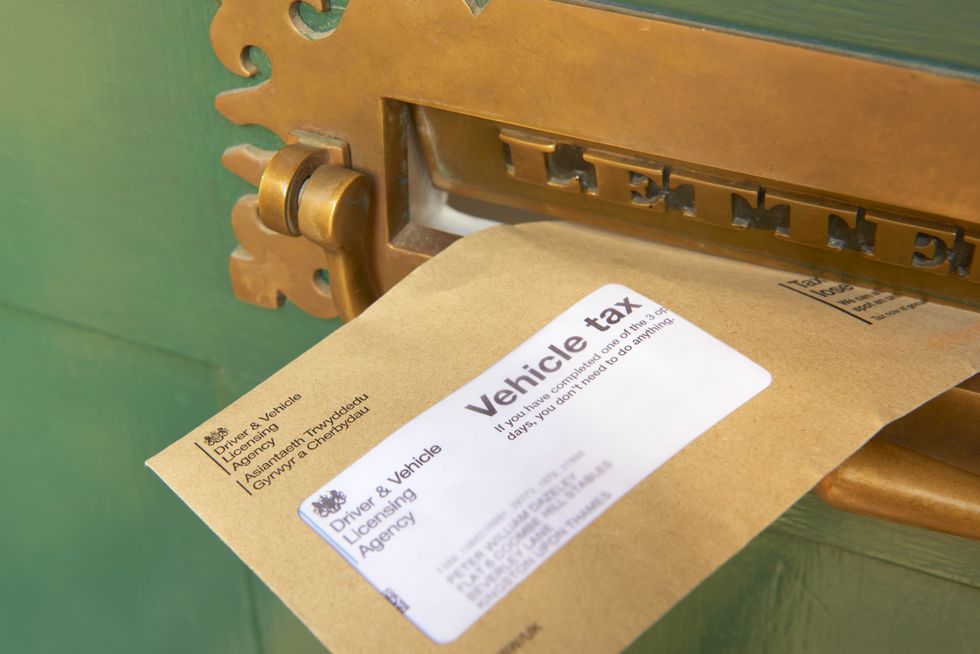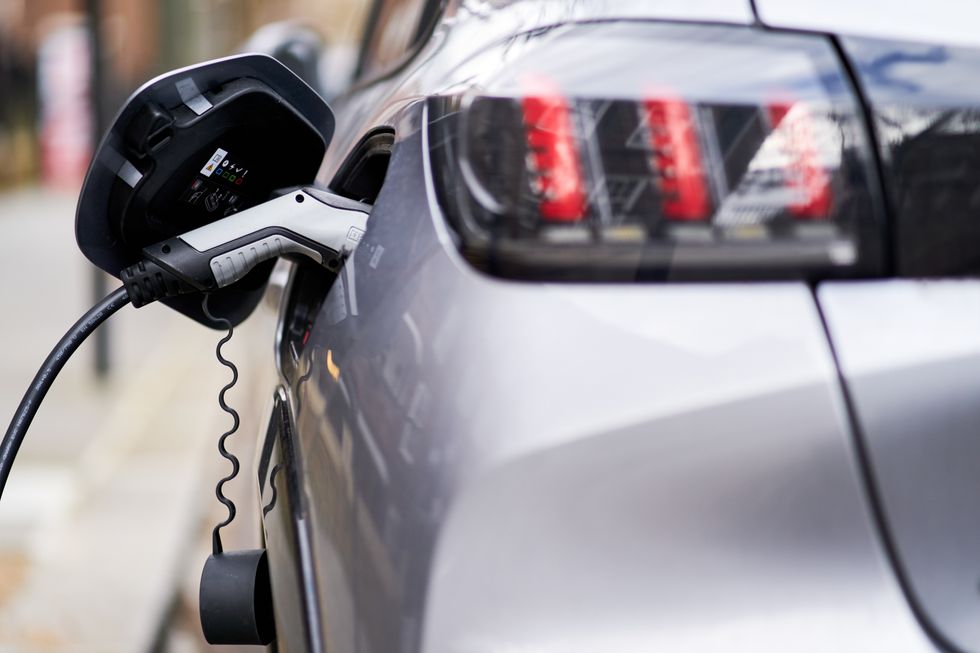'The industry will continue to work with Government to ensure this is a transition for all'
Don't Miss
Most Read
Trending on GB News
Car tax changes are “crucial” to ensure electric vehicles are rolled out effectively and drivers can benefit from cheaper costs, according to a new report.
A new report from the Environment and Climate Change Committee has called on the Government to rapidly increase its involvement into supporting the electric vehicle transition.
Recommendations were set out by the House of Lords committee to help accelerate the uptake of electric cars including incentives, an expansion to the charging network and lower upfront costs.
The report, entitled “EV strategy: rapid recharge needed”, also suggested that new car tax changes could help persuade drivers to transition away from petrol and diesel cars and towards zero emission vehicles.
Do you have a story you'd like to share? Get in touch by emailingmotoring@gbnews.uk

Electric vehicles will be required to pay car tax from April 2025
GETTY
Drivers and experts have spoken of some concerns relating to electric vehicles starting to pay Vehicle Excise Duty (VED) from 2025 and whether these charges could increase in the coming years.
Chancellor Jeremy Hunt said the EV taxes would help to create a fairer system of taxation for all British motorists.
It had been suggested that electric vehicle taxes are necessary to deal with the falling receipts from fuel duty as the UK prepares to ban the sale of new petrol and diesel vehicles from 2035.
The Society of Motor Manufacturers and Traders believes drivers of electric vehicles should be given a further exemption from paying VED to encourage adoption and ensure that drivers are not being sent the “wrong message”.
New zero emission vehicles would also be liable to pay the Expensive Car Supplement if the vehicle has a list price of more than £40,000, with charges currently set at £355.
The report stated: “It is crucial that the Government considers road taxation alongside other fiscal measures taken to drive EV uptake, giving consumers a clear and consistent steer on future total motoring costs.
“As the UK transitions away from petrol and diesel vehicles, road taxation will need to be fundamentally redesigned, including issues like road pricing.
“We support the conclusions of the House of Commons Transport Committee’s January 2022 report that comprehensive reform of road taxation is needed, to start an honest conversation with the public and work towards a system that is seen as fair and enjoys public acceptance.
“We note the urgency of this has only increased in the intervening two years. In response to this report, the Government should urgently provide a progress update on work in this area.”
The report also compared the UK’s situation to other European nations, including Norway. It highlighted how the Nordic country had started to redesign its tax structure 30 years ago to deal with motoring changes.
Additional taxes worth around 25 per cent for internal combustion engine vehicles and incentives for electric cars make EV models in Norway “often more affordable” than petrol and diesel vehicles.
Mike Hawes, chief executive of the Society of Motor Manufacturers and Traders (SMMT), said: “The Lords report recognises the role Government must play in accelerating the EV transition.
LATEST DEVELOPMENTS:
- Drivers demand the return of spare tyres as brands skip extra wheels to meet emissions laws and boost range
- Major car brand forced to slow down production of electric vehicles due to weak demand from drivers
- Drivers issued urgent warning of £1,000 fines and MOT issues for number plate offences ahead of March changes

The report called on the Government to rapidly increase its support for electric vehicles
PA
“Many of the recommendations have already been highlighted by industry, such as chargepoint rollout ahead of need, equalising VAT on public charging to home charging and the importance of purchase incentives, which could be delivered by a VAT cut.
“The report also notes the need for clear, consistent communication of the UK’s ambition. The industry will continue to work with Government to ensure this is a transition for all - including Ministers whose cars should also be electric by the end of the year.”









